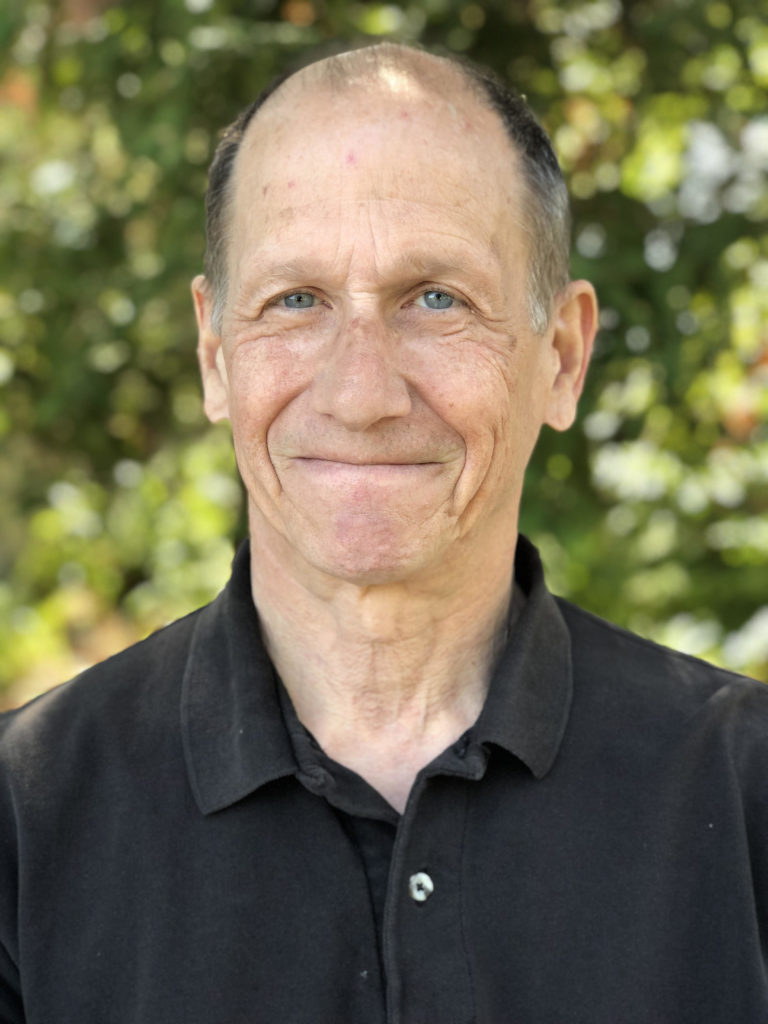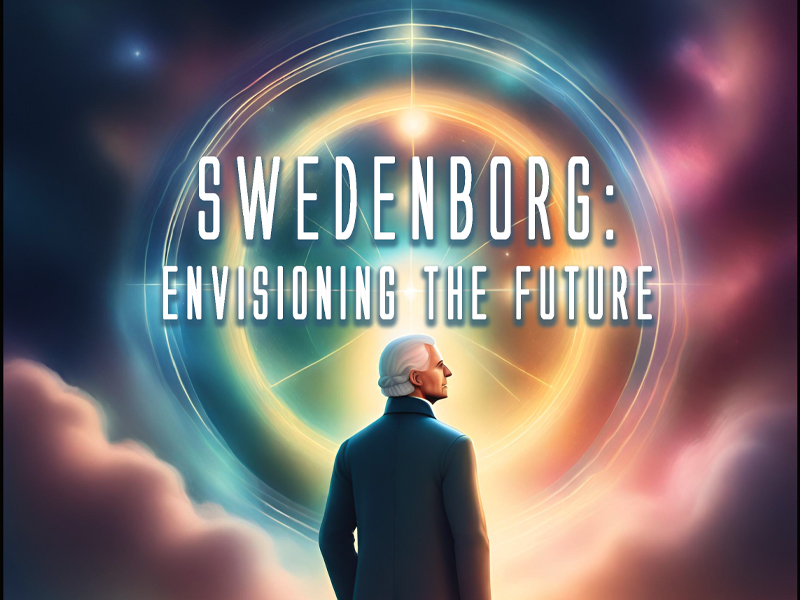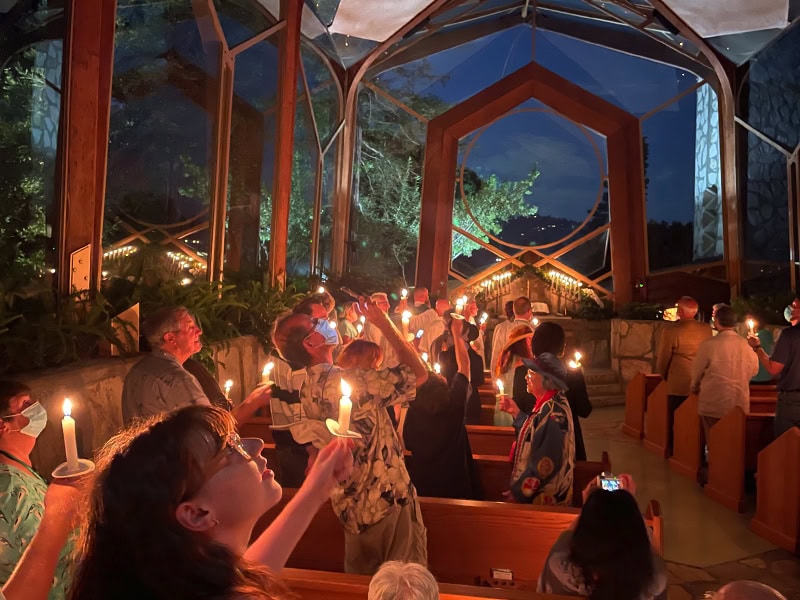From the Social Justice Committee
Written by Robert McCluskey
I first learned of Christian nationalism in 1984, when I joined the Religious Liberty Committee of the National Council of Churches. The specific issue was “Christian Identity,” a new militia movement at the time. Its strange, underlying tenet was that White people, not Jews, are the true Israelites favored by God in the Bible. Since then, the movement has waned, but Christian nationalism continues to grow.
Christian nationalism has been present in America since before the founding of the nation. It has manifested in a variety of forms but has never gone away. Here we recall the KKK and the southern Democrats of the 50s and 60s. “From its beginnings, the Christian nationalist movement has endorsed American exceptionalism, the idea that the U.S. is more righteous and upright than other nations, but during the last sixty years—beginning with the Religious Right—a significant number of Christian nationalists have become increasingly partisan, divisive, ideological, and militant.” (From a draft Policy Statement of the National Council of Churches U.S.A., March 2021: “The Dangers of Christian Nationalism in the United States”) Here we recall the Unite the Right rally in Charlottesville, Virginia, in 2017, and the January 6, 2021, attack on the Capitol.
“Christian nationalism is characterized by the following religious affirmations:
-That the United States was founded as a Christian nation;
-That America is exceptional. That is, God has given the United States particular blessings and privileges not available to people in other countries, and the nation must remain Christian for those blessings to continue;
-That only Christians are the proper custodians of this nation’s heritage;
-That Christianity (or a particular form of Christianity) should have privileged status in the United States, particularly in matters of law and political policy;
-The even when their presence is tolerated, people who practice other religions or none cannot be fully American—they are not welcomed, their voices are discounted, and they are not to be trusted with political and cultural leadership;
-That Christians in general, and some Christians in particular, should enjoy a level of legal protection not granted to those who practice other religions; and,
-That Christians have been made to suffer unjustly, leaving them no alternative but to respond with revolutionary zeal to preserve the United States as a great Christian nation.”1
We can also note that Christian nationalism:
-Is largely White (and eager to deny the sin of racism)
-Is largely male (denying leadership positions to women)
-Elevates the nation to divine status (idolatry)
-Distorts the radically inclusive message of the gospel (xenophobia)
-Ignores or bypasses moral injustice (poverty, racism, war, immigration, housing, climate change, etc.)
-Prefers conspiracy theories to facts and truth (seeking to whitewash the complex history of America)
-Turns those who are different into forces of darkness, enemies to be defeated, deported, or destroyed, or at least contained by political means
Christian nationalism poses a significant danger to the integrity of both church and society. By seeking to make a particular form of Christianity a litmus test for government policy, it violates the establishment clause; and by seeking to marginalize and disenfranchise all religions that do not align with its mindset, it violates the free exercise clause. It thereby threatens both democracy and religious freedom.
Why should Swedenborgian churches in the United States be concerned with this issue? Because we are Christians and Americans. Many Christian leaders have long spoken out against Christian nationalism. They understand that Scripture calls us out of a sectarian and nationalistic mindset. As Swedenborgians, we are more than well equipped to affirm a radically inclusive, inter-religious, and non-partisan mindset; not just theologically, but culturally and civilly as well.
“The alternative to Christian nationalism, however, is not disengagement from politics, but a willingness to work in the public realm…to foster good for all people in this nation and the world. Christians are called both to support the government of the United States insofar as it serves this beneficent goal and to work diligently for reforms wherever and whenever it does not.”1 If we remain silent, if we do not engage, Christian nationalism will continue to grow as a corrosive and divisive movement in our midst. The best response to Christian nationalism is to boldly proclaim to the nation, as others have done, “No, not in my name!”
Besides its more overt or militant expressions, Christian nationalism can also operate in more subtle ways: in the media, the culture, the church, and in government. For instance: it is quite possible for a church to identify itself as politically conservative or progressive/liberal. While this may help to ground its members to a specific identity, it does so at the cost of religious freedom. “Taking sides” makes sense in many areas of life, but it only makes sense in the church if the side we “take” is that of the Lord’s: the One who takes no sides but loves and embraces all.
“Like most mainline Protestant churches these days, we are a purple congregation, a mix of both Republicans and Democrats, though mostly Democrats, I suspect. Because I believe both political parties have contributed to our nation’s current political dysfunction, I regularly offer an equal-opportunity critique of the political arena. Our faith stands in judgment of our nation’s lawmakers—of whatever ideological stripe—when they fail to uphold the values implicit in the gospel demands for justice. . .. I do not use the terms progressive or conservative in my preaching and teaching because these are labels rooted in secular ideology and are not Christian terms. Reclaiming a Christian vocabulary as we talk about politics, which includes the fallibility of every political party or ideology or leader (i.e., human sinfulness), is one of the most important roles of the pastor, especially in our divisive political climate right now.” (Rev. Scott Anderson, 9/24/18)
As I have written elsewhere, the question is not if the church should be involved in the public realm, but how. How can we bring our moral witness, our vision for inclusion, justice, peace, and unity to bear on the real world, to affect beneficial change? While we are certainly not a Christian nation, we are very much a religious nation. The freedom of religion granted to us in the First Amendment carries with it both the power and the responsibility to bring our voice into the public square, to bring religious and spiritual values to bear on our actual lives, without overstepping constitutional limits or disparaging other religions. The church is now able to pursue its ministry of healing and justice free of government and political interference. The First Amendment calls us to stand apart from partisan politics and allows us to address the issues that affect the well-being of our neighbors. Let us avoid taking a divisive stand against our fellow citizens, and instead take a unifying stand against all that is false and unjust.
SAAR is presenting a five-part series exploring the church’s relationship to civic engagement. I invite you to participate in this timely event.
Read the full issue of the January/February 2022 Messenger

Meet Rev. Robert McCluskey
Rev. Robert McCluskey is a member of the Social Justice Committee and the Standing Committee on Educational Resources.



